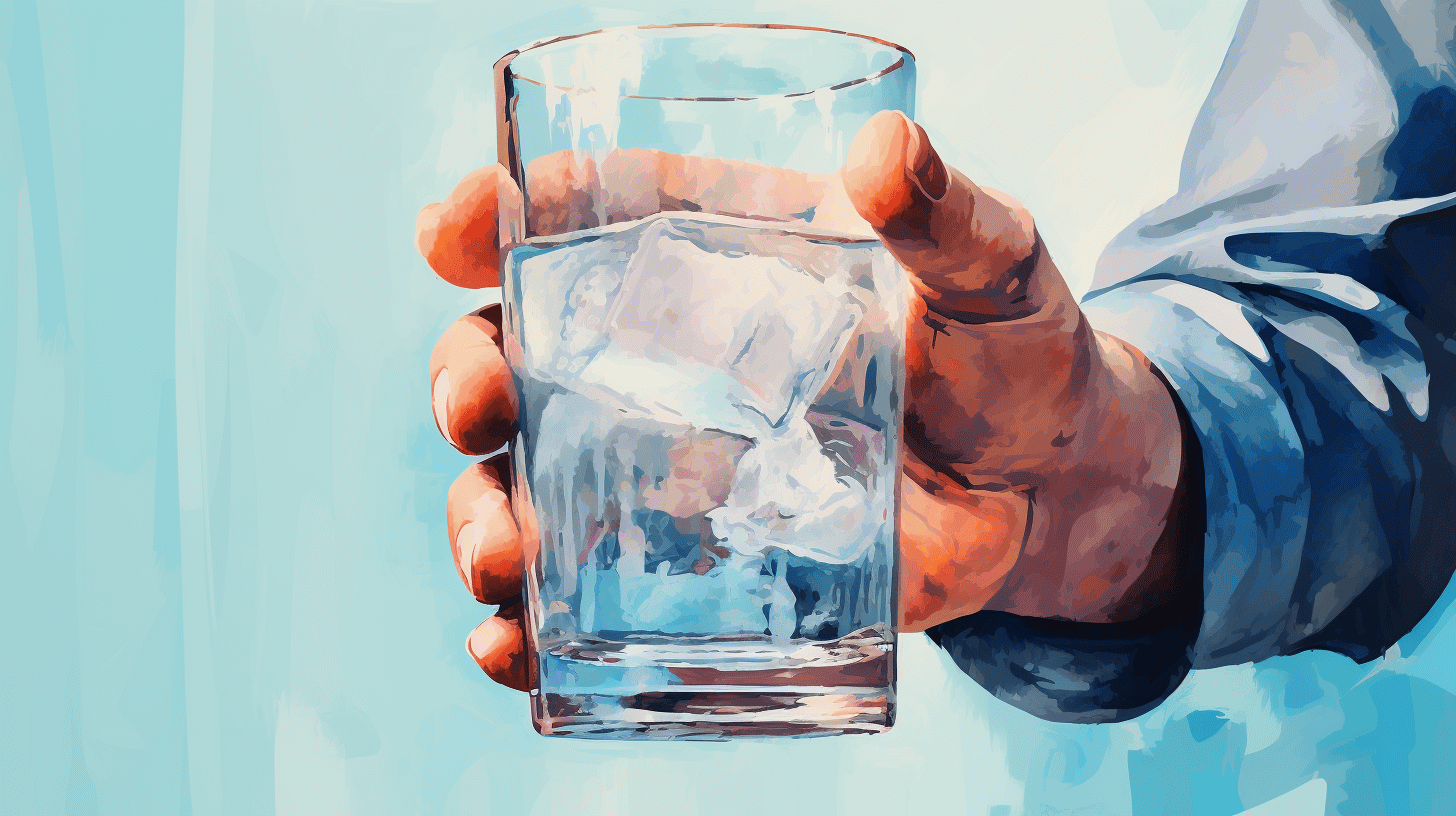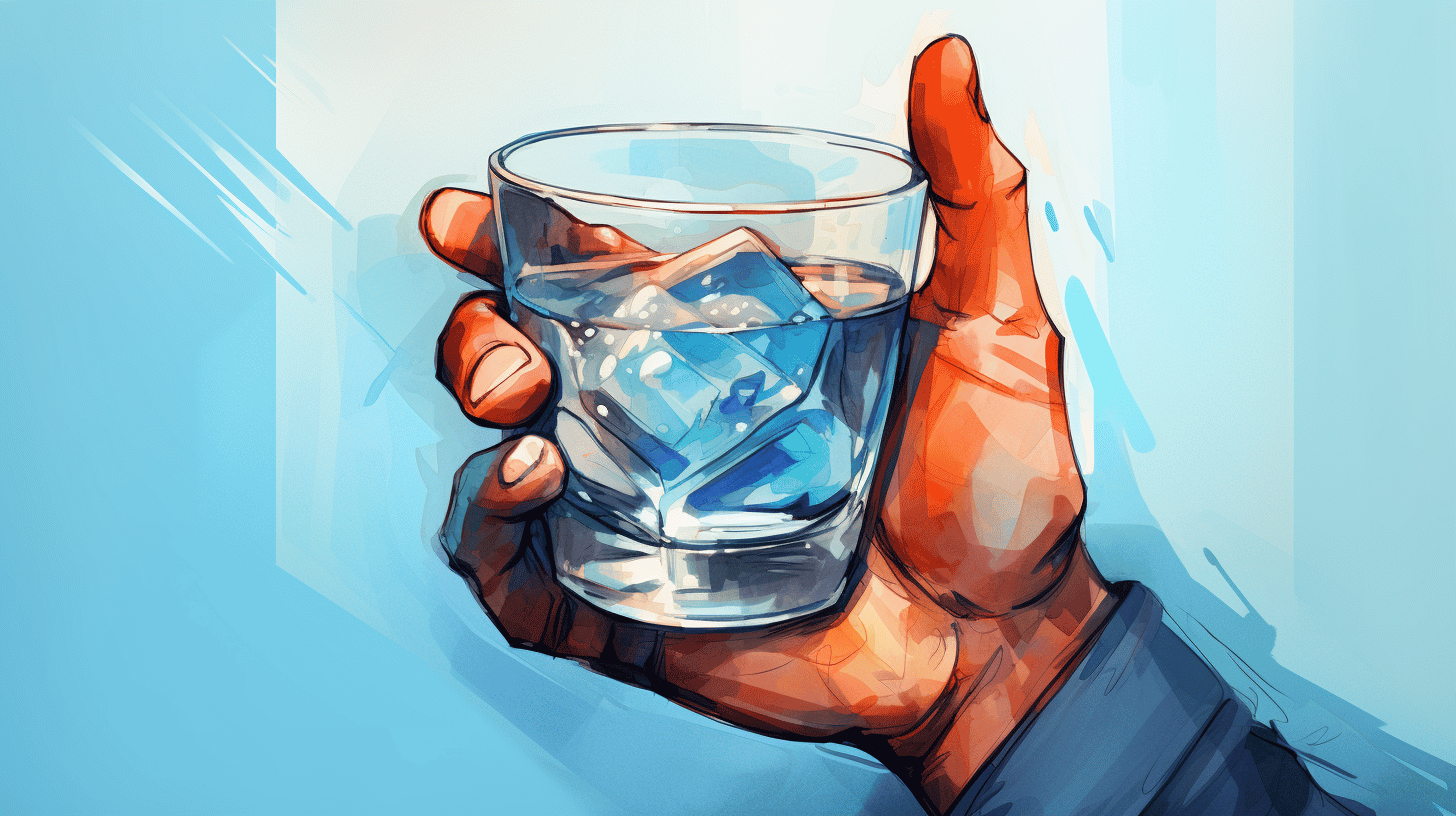There is an unfortunate reality we all must confront when heading out for a fun evening with friends or loved ones – drink spiking. It's a concern that hits close to home, whether we are stopping by our local pub or traveling the globe. We want to ensure that you maintain not just a good time, but also a safe time when it comes to social drinking. In this article, we'll delve deep into the subject, unraveling what drink spiking is, presenting some startling statistics, and most importantly, sharing practical tips on how you can protect your drink and essentially, protect your night.
Understanding Drink Spiking
Drink spiking, a term that unfortunately most of us are not strangers to, is a critical issue that needs addressing. Let's shine a light on this subject and explore the impacts comprehensively, understanding the alarming statistics and learning how to safeguard ourselves from such incidents.
What is Drink Spiking?
So, you've heard of the term, but exactly what is drink spiking? It's the act where someone surreptitiously adds a substance to your drink without your knowledge or consent. This substance could be additional alcohol or illicit drugs, which when consumed, can quickly incapacitate you, leading to potential scenarios of theft, assault, or even worse. It's not only drinks that can be spiked, but food products too, a fact that isn't always talked about.
For more detailed insights, refer to our comprehensive guide on Drink Spiking and Personal Safety. Here we delve deeper into what drink spiking entails and how it poses a significant threat to personal safety, highlighting the significance of awareness and prevention.
Statistics and Facts
Now, let's look at the bare facts and figures. Don't cover your eyes; awareness is our strongest weapon, isn't it?
- In the year ending April 2023, there were 6,732 reported cases of drink spiking. This number included a shocking 957 cases of needle spiking.
- Let's take a real-world example. The Boston Police Department received 47 reports of drink spiking in the first six months of 2023 alone.
- In a recent survey, we found that 12% of respondents reported having their drink spiked, a figure that rose to 15% among females and was highest at 17% for those identifying as other.
- However, the true number may be higher than we realize. That's because over 90% of people who suspect their drink was spiked do not report the incident to the hospital or the police.
- Women are more likely to report having their drinks spiked than men, highlighting the gender discrepancy we often see in these incidents.
- A concerning statistic emerged when we looked at who was having drinks spiked. According to the data, 64% of men had an alcoholic drink spiked, compared to 28% having their food spiked.
These statistics are a call to action and an urgent reminder that we all need to be more vigilant when it comes to our personal safety. We cannot afford to remain in the dark when it comes to drink spiking and its threats. Awareness, education, and effective safety measures are our greatest allies in combating this insidious crime. Remember, staying informed means staying safe.
Symptoms of Drink Spiking
It's Friday night, and you're out enjoying a relaxing evening with friends. One moment you're nursing your first cocktail, engaging in lighthearted banter, and the next, you're feeling unusually tipsy and dizzy without knowing why. Could this be a case of a spiked drink? Knowing the symptoms of drink spiking can aid in early detection and prevention.
Drink spiking unbeknownst to the consumer can be quite problematic considering its potential to lead to severe impairment, susceptibility to harm, and in extreme cases, fatal consequences. It is a covert act where someone secretly adds an intoxicating substance to your drink with an aim to incapacitate or take advantage of you.
Being mindful of the signs can help us nip this potential danger in the bud. So, what should you look out for?
- Feeling excessively drowsy or faint: It's perfectly normal to experience some amount of drowsiness after a few glasses of wine. But if you've barely had a few sips of your drink and you're feeling drowsy or faint, this could be a warning sign.
- Experiencing dizziness or nausea: Suddenly feeling sick or dizzy could also be an indication that something's amiss. Normal amounts of alcohol might make some individuals feel queasy, but if there's a sudden onset of these symptoms, be vigilant.
- Feeling more drunk than usual: If you've merely sipped your drink and are feeling excessively intoxicated, that's a red flag. It's best to trust your body's reaction in this case; you know better than anyone how much alcohol your body can tolerate.
"If you've barely touched your drink and are feeling unusually intoxicated, that might be the first clue that something's not right."
Recognizing these signs of drink spiking can be the first step to ensuring your safety. If you notice these symptoms, trust your intuition, seek help and stay safe. Remember, prevention begins with awareness. We hope that this information empowers you and keeps your nightlife experiences free of any risks or extortion.
Preventive Measures against Drink Spiking
Unfortunate as it may seem, drink spiking has become something we need to contend with while enjoying our social events. It's become an underhanded strategy by malicious individuals to take advantage of others. However, we mustn't let this threat prevent us from connecting with friends or enjoying a good party, right? Instead, let's empower ourselves with information and measures to prevent it from happening. We've compiled a straightforward list of quality advice we stand by.Protect Your Drink
Firstly, it's paramount that we pay close attention to our drinks. We've often heard it said, but it bears repeating: never leave your drink unattended. Whether you're going to the bathroom, hitting the dance floor, or merely sitting for a chat, keep your drink with you. If you can't take it along, consider it a chance to grab a fresh one when you return. This practice will greatly reduce the chances anyone else interfering with it.Avoid Accepting Drinks from Strangers
When we're in a festive mood, we're often more sociable, and it's common to meet new exciting people. As beautiful as this can be, we must remember to stay moderately cautious. Please, avoid accepting drinks from strangers. The drink itself may seem harmless at first glance, but we can never be sure about the contents. Always insist on getting your drink straight from the bartender or host.Drink from Sealed Containers
In addition to these measures, let's also develop a preference for drinking from sealed containers, whenever possible. This practice is mostly applicable when attending large events like festivals or concerts. Opting for canned or bottled beverages is a safer choice since it's far more difficult for someone to tamper with these than a cocktail or open glass. Beer cans and wine bottles might not be as glamorous as that glamorous tall glass, but safety comes first, doesn't it? Drinking can be a social delight, but we must always remember the importance of safety. With precautionary measures like these, we can be ensured feeling safe while enjoying. Let the good times roll, and remember: knowledge is power. Stay safe! Do you need more tips on how to prevent drink spiking? You can find a comprehensive list in our article: Essential Tips to Prevent Drink Spiking. Be sure to check it out!Conclusion
While the dangers of drink spiking may appear overwhelming, remember that knowledge is power. With awareness and the right tools, you can ensure a safe and enjoyable night out. At Empowered by Ashley, we're committed to strengthening your safety and confidence with our innovative products. Our unique drink cover scrunchies, for instance, offer a stylish and practical solution to keep your beverages tamper-free.
Equipped with this understanding, you can elevate your safety awareness, making informed decisions to protect your wellbeing. Keep the discussion going. Share your experiences, share this information, and together, let's create safer social spaces for us all.
Remember, staying safe doesn't mean ditching the fun. So here's to memorable nights out, surrounded by friends, laughter, and the confidence of knowing you're in control. Because at the end of the day, your safety is worth a Cheers! Visit us at Empowered by Ashley to explore more ways to safeguard your personal safety.
Frequently Asked Questions
-
What is drink spiking?
Drink spiking refers to the act of adding drugs or substances to a person's drink without their knowledge or consent. This is often done with the intention of incapacitating the person or facilitating sexual assault.
-
What are some common drugs used for drink spiking?
Some common drugs used for drink spiking include Rohypnol (roofies), GHB (gamma-hydroxybutyric acid), and Ketamine. These drugs are colorless, odorless, and tasteless, making them difficult to detect.
-
How can I protect myself from drink spiking?
To protect yourself from drink spiking, it is recommended to never leave your drink unattended, avoid accepting drinks from strangers, open your own drink bottles, and always watch out for any unusual changes in the taste, color, or texture of your drink.
-
What are the signs and symptoms of drink spiking?
The signs and symptoms of drink spiking include dizziness, confusion, loss of coordination, difficulty speaking, memory loss, nausea, and unconsciousness. If you suspect your drink has been spiked, seek help immediately.
-
How can I support a friend if their drink has been spiked?
If you suspect that your friend's drink has been spiked, stay with them, help them find a safe place, and encourage them to seek medical attention if needed. Encourage them to report the incident to the authorities and provide emotional support throughout the process.
















Leave a comment
This site is protected by hCaptcha and the hCaptcha Privacy Policy and Terms of Service apply.